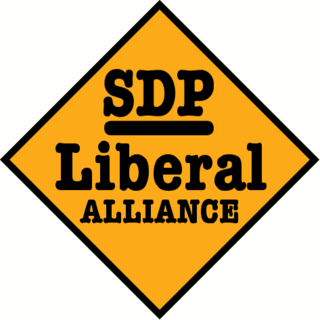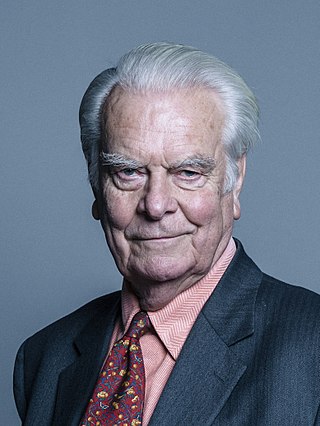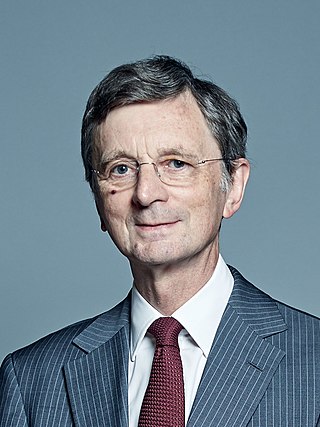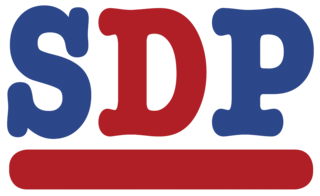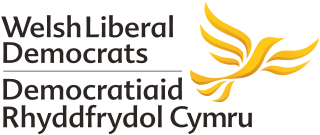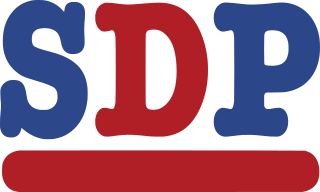"Red Guard"
One of the significant periods of the Young Liberals was the 1960s and early 1970s. The press coined the phrase the "Red Guard" to illustrate the radical nature of the youth wing. The public became aware of the "Red Guards" at the 1966 Liberal Party Conference in Brighton, when they sponsored an anti-NATO resolution. Over the next decade the YLs were active on a number of foreign policy areas. In particular they were at the forefront of the opposition to Apartheid and the Vietnam war. The YLs took a leading role in the Stop the Seventy Tour of South African Cricket and Rugby teams. Led in particular by an exiled South African Peter Hain (later to become a Labour Party Cabinet Minister), Louis Eaks (later to an editor of Tribune),[ dubious ] Hilary Wainwright (future editor of Red Pepper magazine), they took direct action when other Liberals were not doing so.
The party leadership were very unhappy about the antics of their youth wing, and party leader Jeremy Thorpe set up a three-man commission, which produced the Terrell Report. The report accused some of the Young Liberals of being communists. Many Young Liberals described themselves as "libertarian socialists". Peter Hain explained:
"Underlying libertarian socialism is a different and distinct notion of politics which rests on the belief that it is only through interaction with others in political activity and civic action that individuals will fully realise their humanity. Democracy should therefore extend not simply to government but throughout society: in industry, in the neighbourhood or in any arrangement by which people organise their lives."
Thorpe went on to try to stop the election of Peter Hain as chair of the Young Liberals.
At the same time as being active on foreign policy, a group of Young Liberals led by Bernard Greaves, Tony Greaves (later to become a Liberal Democrat peer), Gordon Lishman and David Penhaligon (later to become a Liberal MP) developed the combination of a radical YL approach and involvement in their communities. The Young Liberals put forward an amendment to the party's strategy at the Liberal Party Conference in Eastbourne in 1970 which was passed with little enthusiasm from the Party leadership. The amendment defined the new strategy as:
a dual approach to politics, acting both inside and outside the institutions of the political establishment to help organise people in their communities to take and use power to build a Liberal power-base in the major cities of this country to identify with the under-privileged in this country and the world to capture people's imagination as a credible political movement, with local roots and local successes.
This was to revolutionise the party, and was known as "community politics". Young Liberals started to show by example how community politics could win elections, first with by-election wins in 1972 (notably with YL vice-chair Graham Tope's win at Sutton and Cheam) and then through the work of Trevor Jones and his colleagues in Liverpool, where they won control of the council. In 1977, there were some 750 Liberal councillors. By 1985, that figure had risen to more than 2,500, and it peaked in the early 1990s at more than 5,000. However, it was only with the election of Paddy Ashdown in 1988 that community politics was fully embraced by the party leadership.
It was Young Liberal chairman Ruth Addison who led the revolt against David Steel's call in 1974 for a government of national unity.
As a result, the NLYL grew stronger, attracting groups to affiliate from surprising areas like rural Wiltshire. Patrick Coleman went on to be a county councillor. However, it also eventually led some to reject the merger of the Liberal Party with the SDP in 1988–1989 to form the Liberal Democrats. Some walked away into political limbo, some joined Michael Meadowcroft in a breakaway Liberal Party, but they had no parliamentary representation. Meadowcroft joined the Liberal Democrats in September 2007.




